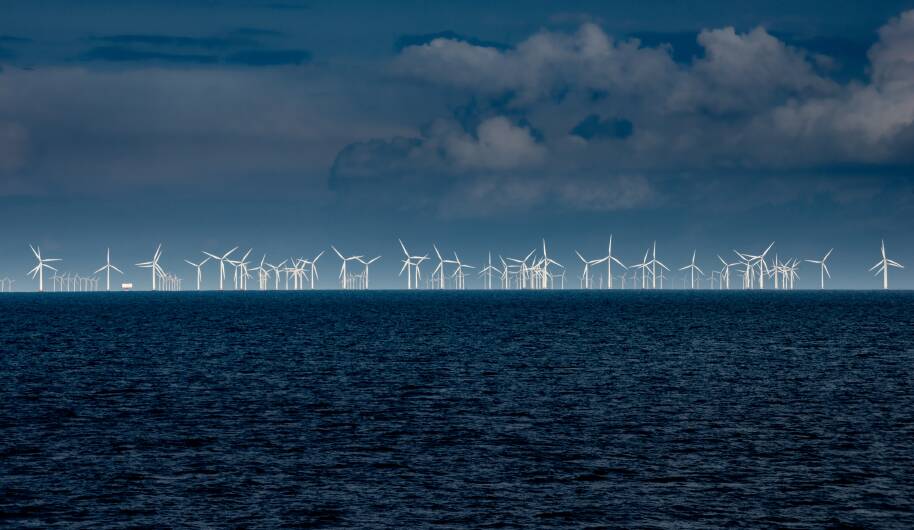
At Maitland City Council's recent meeting, a motion was passed to stand against any proposed wind farms along the Hunter or the Illawarra coast.
Many reasons were given, but high on councillors' concerns were the lives of endangered birds, such as the wandering albatross or snipe, as well as whale and shipping movements. Port Stephens City Council recently moved a similar motion.
The motion was aimed at sending this proposal to the Australian Local Government Association Annual Conference (ALGA) in July.
Why this motion now?
With a little digging, we see that local government and state jurisdictions are being bombarded by similar proposals across the world.
It's not just Australia fielding these strange requests at a time of concern for catastrophic climate change, it is happening worldwide.
Indeed, website CleanTechnica has published reports this week that show opponents to solar and wind farms who appear to be local are actually supported by national organisations with one mission: protecting fossil fuels.
The Climate and Development Lab (CDL) at the 'Ivy League' Brown University, in Rhode Island, US, is a student-faculty think-tank informing a more just, equitable, and effective climate change policy.
Recently, it released a report entitled Against the Wind: A Map of the Anti-Offshore Wind Network in the Eastern United States.
That report is an interesting read into how fossil fuel interests are working with climate denial think-tanks and community groups to obstruct offshore wind projects.
In the Hunter, we want to concentrate on truth in the field of climate change and biodiversity.
First, it has to be said that there is no better place in the world, let alone Australia, than both the Hunter and Illawarra coasts to put an offshore wind power facility.
With the warm currents coming down the coast at exactly these places, conditions are set for warming air masses rising off the sea surface to create the right lift for the massive turbines.
To have these conditions so close to present transmission capacity is truly fortuitous.
However, we must mention the old argument that is raised about the risks to endangered sea birds.
It could be only sea birds we are talking about, as the average minimum distance from shore these turbines will be is 20 kilometres.
Albatross, as a sea bird that may not come back to land for many years after it has fledged, are seen gliding just above the waves.
They do not need to fly high or flap their wings, the air currents over the top of the waves give them the lift, so turbines more than 20 metres above the ocean pose no risk.
The main risk to albatross has been, for many years, the long line fishing industry.
Endangered snipe fly more than 2000 metres above the earth during migration, so there is no risk to that variety also.
As for whale migration and shipping lanes, there have been no problems for many years in all countries where offshore wind turbines are prevalent, such as Norway, Denmark, the US and the UK.
As far as visibility is concerned, with the closest turbine 20 kilometres off the coast, most people would be hard pressed to ever see a sign of them.
I'd be pleased to see them, as it would indicate that I wouldn't be breathing in the terrible air affected by the Hunter Valley coal mining industry, the evidence of which can be seen from space on Google Earth.
As a final point to this sorry saga, when we examine the "Criteria for Motions for a Proposal to the Australian Local Government Association" we see that for a motion to be eligible to be put to the conference it must "Address issues that will directly improve the capacity of Local Government to deliver services and infrastructure for the benefit of all Australian communities".
I think that many people in Maitland and Port Stephens would say that their councils are letting them down in this important issue of looking for ways to mitigate climate change effects.







